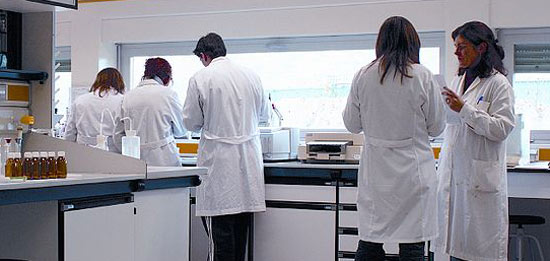“It gave me my life back. It’s a wonderful drug.” Leukaemia patient Patrick Kilgallen

The results of tests on a new drug to treat leukaemia have been described as ‘nothing short of miraculous’.
The drug named Ibrutinib has been developed by doctors in Ireland, and early tests show it increases the survival chances of leukaemia sufferers by up to 10%.
It is specifically designed to treat patients whose cancer cells have built up a resistance to the normal chemotherapy treatment. One Dublin man claimed that it saved his life.
Patrick Kilgallen was diagnosed with leukaemia in 2002. He was given chemotherapy and the cancer went away. However, ten years later it returned and looked like it would take his life, until he began using this new drug. Kilgallen told RTÉ News: “I was very weak. I went from almost 15 to 10 stone in about six to eight weeks.
“I was really weak and I felt that my life was coming to an end. The first Ibrutinib was in January of this year. Within two weeks I started improving and by the third week I was back to normal health.
“It gave me my life back. It’s a wonderful drug. It’s like a magic drug, it’s like a miracle that I came back to health again.”
Ibrutinib comes in the form of a tablet, and unlike chemotherapy it has no apparent side-effects. The tests so far have shown that leukaemia patients have a 90% chance of survival, which is a 10% increase on the norm.
Dr Patrick Thornton of the Royal College of Surgeons in Ireland described the breakthrough: “It is a complete paradigm shift in the way we treat cancer. It’s nothing short of miraculous.
“It is given in a tablet form and the side effects are pretty much non-existent. It is available now to selected patients, the most at-risk patients. That drug is available to them free through compassionate access for selected individuals who are resistant to chemotherapy, they just need to be registered.”
About 200 people die of leukaemia in Ireland each year, plus thousands more worldwide. It is hoped that this drug will be readily available within the next 12 to 18 months, once it gains a European licence.